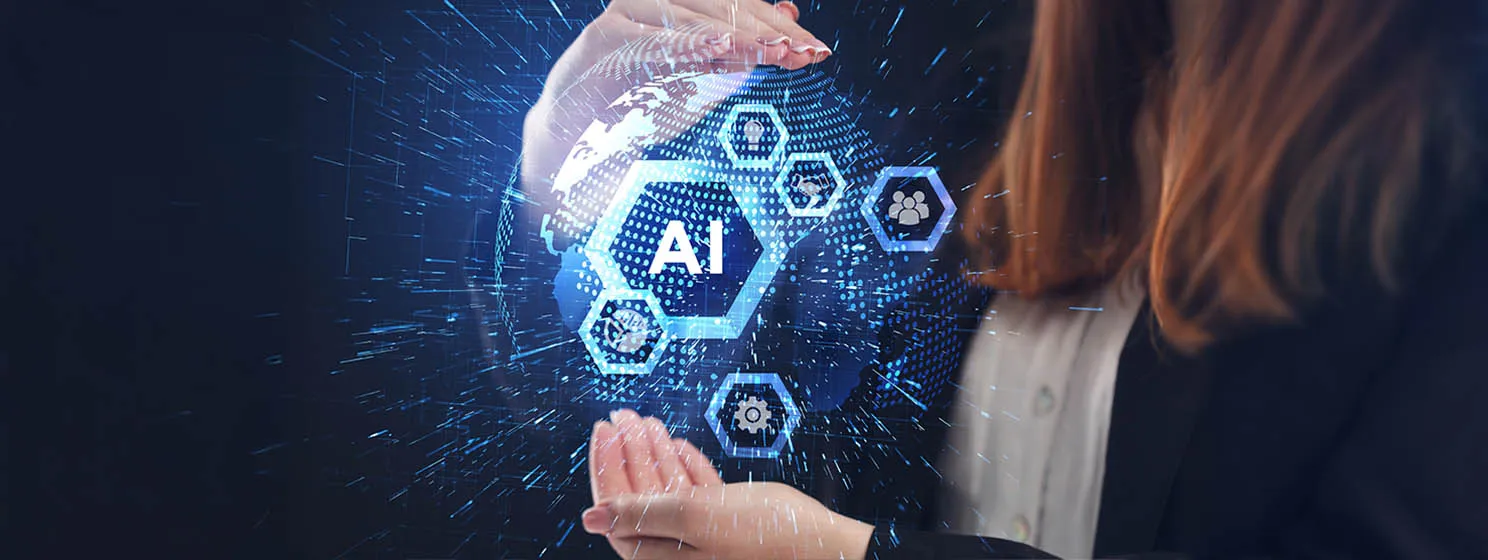|
Getting your Trinity Audio player ready...
|
As blockchain technology continues to find its footing among enterprises and governments, the Mediterranean Shipping Company (MSC) says it will use the emerging tech for battery safety certifications.
In a report by the Smart Maritime Network, the ambitious plan will involve a partnership with the Global Shipping Business Network (GSBN). Rather than build its own blockchain from scratch, MSC will lean on GSBN’s existing ledger, which has a considerable wealth of experience in shipping. GSBN contacts extend to top laboratories and certification providers in mainland China for batteries.
The collaborative effort will be limited to lithium battery shipments, with the MSC seeking to digitize its booking processes using blockchain. The shipping giant is eyeing a replacement of paper-based processes with safety certificates on distributed ledgers, which it says will enhance efficiency and transparency.
Lithium batteries, lasting up to 10 cycles longer than regular alkaline batteries, pose significant danger while in transit, requiring strict shipping requirements to mitigate risks.
Traditionally, paper-based certificates have received criticism for gaping loopholes for fraud and difficulty in verifying sources.
“Our collaboration with GSBN offers the best of both worlds. We can offer customers a more streamlined experience from the point of booking, while ensuring that cargo requiring special handling can be safely transported,” said Dirk Van de Velde, a leading safety executive at MSC.
The blockchain-based certificates will be interoperable allowing relevant parties to access safety certificates onchain in real-time without the typical hassles associated with paper-based standards.
“This has only been made possible by GSBN’s blockchain network and through it, its access to top testing laboratories and certification providers in China, one of the world’s top exporters of goods with lithium-ion batteries,” added Van de Velde.
Expanding blockchain use cases
While blockchain’s most visible applications revolve around digital currencies and decentralized finance (DeFi), enthusiasts are exploring utilities outside finance. In public health, researchers in South Korea are turning to technology to track a bedbug infestation while others are using the technology to improve accounting processes.
The United Nations (UN) is leaning on the technology to improve aid delivery in third-world countries, protecting the identities of refugees and ensuring efficiency. Other viable use cases for the technology include supply chain management, blockchain-based voting systems, planetary health, and digital IDs.
“Web3 has the potential to facilitate approaches towards planetary health, with the use of tools and applications that are underpinned by shared values,” read one research paper.
Watch: Is it the time to use blockchain tech?

 08-04-2025
08-04-2025 





